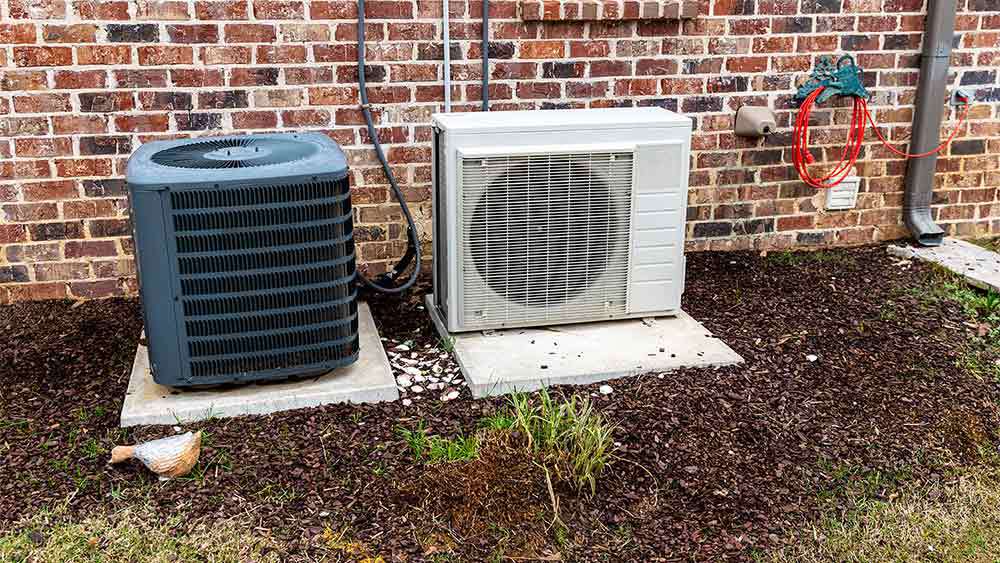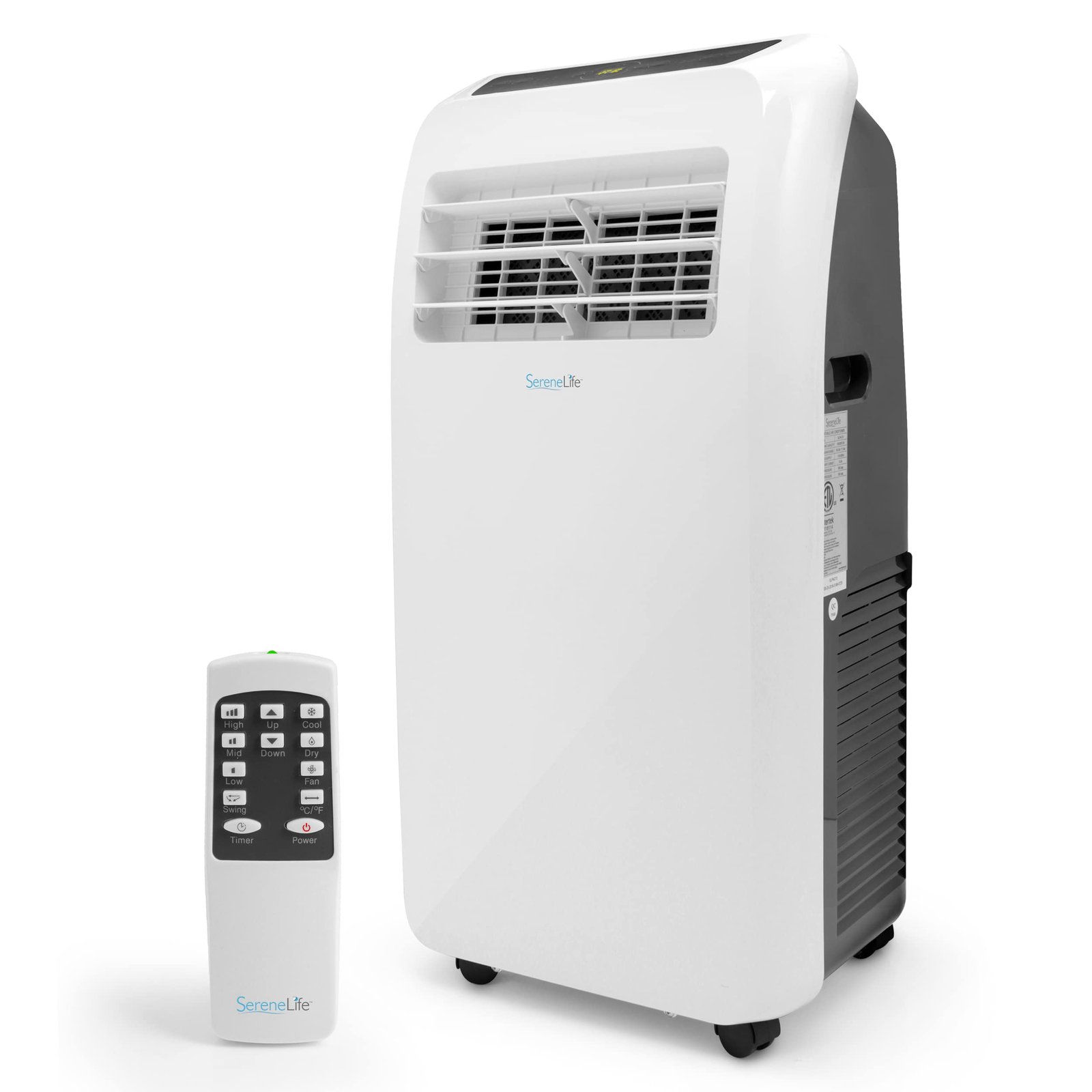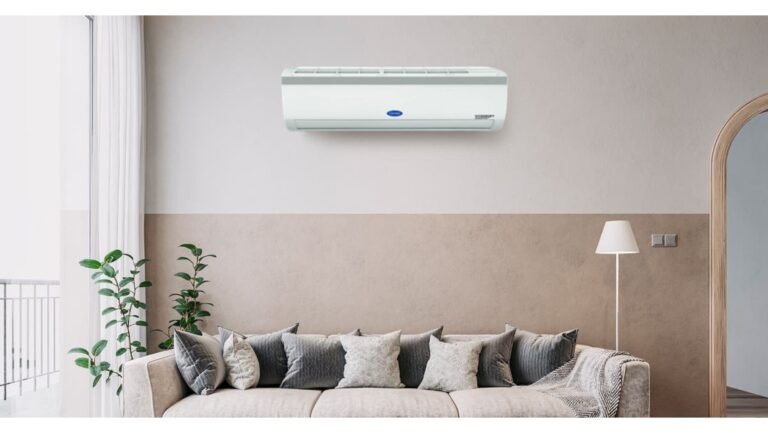What Does an AC Capacitor Do? Discover the Power Behind Your Air Conditioner’s Performance
An AC capacitor provides the initial jolt of electricity your air conditioner’s motors need to run successfully. It stores electricity and sends it to your system’s motors in powerful bursts that get your unit revved up as it starts the cooling cycle.
When it comes to the functionality of an air conditioner, the AC capacitor plays a crucial role. It is responsible for providing the initial electrical boost that the AC motors need to start running smoothly. Essentially, the capacitor stores electric energy and releases it to the motors in strong bursts, allowing them to rev up and initiate the cooling cycle effectively.
Without a functioning capacitor, the exterior unit may fail to operate correctly, hindering the overall cooling process. Moreover, a faulty capacitor can cause improper voltage delivery to the unit components, leading to damage and forcing the system to work harder.
The Function Of Ac Capacitors
The function of AC capacitors is crucial in the performance of air conditioning systems. Capacitors contribute significantly to the functioning of an air conditioner, particularly in the cooling process. A bad capacitor can have various detrimental effects on the system. Firstly, it can prevent the exterior unit from functioning properly, hindering the overall cooling process. Secondly, improper voltage delivery to the components of the exterior unit can force the system to work harder, causing damage to additional components. Therefore, it is essential to recognize the symptoms of a bad capacitor, such as decreased cooling efficiency or unusual noises, and promptly replace it. Capacitors come in different types, including start capacitors that initiate the AC motors and run capacitors that keep the motors running throughout the cooling cycle. It is not possible to run an air conditioner without a capacitor, as both types are necessary for the system’s proper functioning.
Common Issues With Ac Capacitors
A bad capacitor can have several negative effects on the performance of an air conditioner. Firstly, it prevents the exterior unit from functioning properly, which hinders the overall cooling process. Secondly, a faulty capacitor can result in improper voltage delivery to other components of the AC unit, causing the system to work harder and potentially leading to damage in those components.
Some common signs of a failing capacitor in an air conditioner are reduced cooling effectiveness, frequent AC cycling on and off, strange noises or smells coming from the unit, and blown fuses. If you suspect that your AC capacitor is faulty, it is recommended to have a professional technician inspect and replace it if necessary.
| Why Capacitors Fail in Air Conditioners | AC Service Tech LLC YouTube |
|---|---|
| Testing the capacitor under load | 00:19 |
| Measuring compressor current | 00:53 |
| Checking fan capacitor | 01:41 |
| Current draw with no capacitor | 03:00 |
| Dual capacitor | 04:38 |
| Why does a run capacitor fail? | 05:26 |
| Excess Voltage | 07:47 |
| Corroded Connections | 08:27 |
| Summary | 08:51 |
It is important to address any issues with the AC capacitor promptly to ensure the efficient operation and longevity of your air conditioning unit.
Testing And Replacing Ac Capacitors

Credit: cielowigle.com
Frequently Asked Questions For What Does An Ac Capacitor Do
What Happens When Ac Capacitor Goes Bad?
A bad AC capacitor hinders the cooling process by preventing the exterior unit from functioning properly. It also causes the system to work harder and can damage other components.
How Do I Know If My Ac Capacitor Is Bad?
The AC capacitor is bad if the exterior unit doesn’t function properly, hindering the cooling process. Improper voltage delivery can cause damage to other components, and the system may work harder. Check for symptoms like failure to start, motor humming, or hot air blowing.
Use a multimeter to test the capacitor’s continuity or visually inspect it for bulging or leaking.
Can An Ac Run Without A Capacitor?
No, an AC cannot run without a capacitor. There are two types of capacitors – a start capacitor that signals the AC motors to start up, and a run capacitor that keeps the motors running during each cooling cycle.
How Often Do You Need To Replace Ac Capacitor?
You’ll need to replace an AC capacitor when it goes bad or fails. A bad capacitor can prevent the AC unit from functioning properly, leading to damage to other components and hindering the cooling process.
Conclusion
The AC capacitor plays a vital role in the functioning of an air conditioner. It provides the initial burst of electricity required to start the motors and keeps them running smoothly throughout the cooling cycle. A faulty capacitor can lead to a disruption in the cooling process and can cause damage to other components.
Regular maintenance and timely replacement of the capacitor are necessary to ensure efficient functioning of the AC unit.







